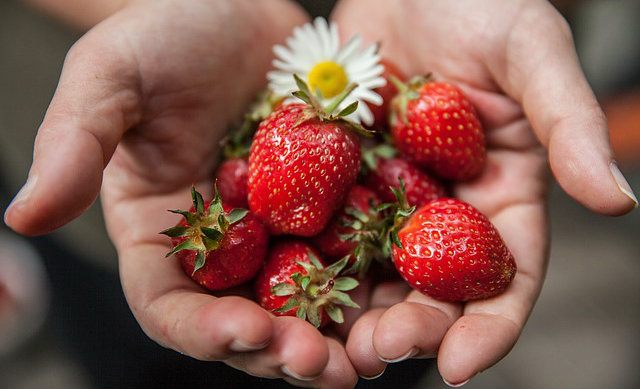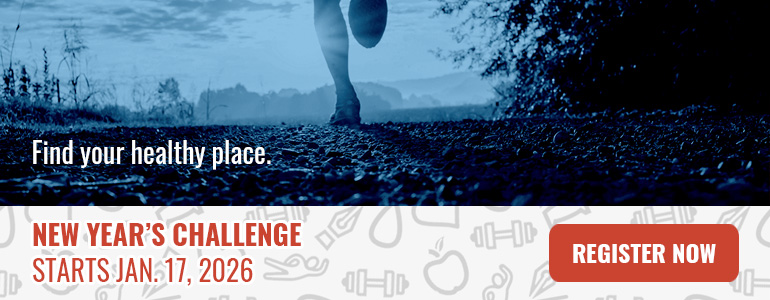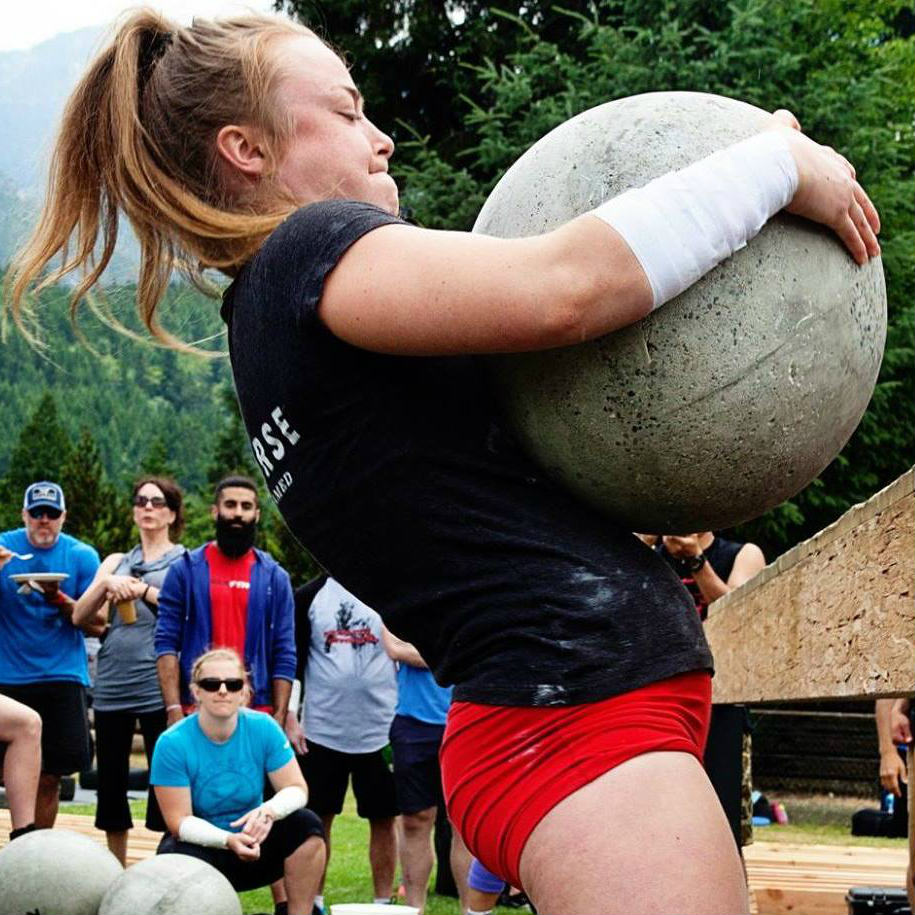 Reading Time: 4 minutes
Reading Time: 4 minutesAre you a coach or trainer considering running a nutrition challenge for your clients? Before you do, there are some things you should take into consideration to increase your clients’ success rates and keep them safe.
1. Research, and Preparation Pay Off
There are a lot of nutrition and lifestyle challenges out there right now and before diving in headfirst it is important to do your research:
- Get to know the basics of the challenge. Is it a nutrition-only challenge or does it focus on exercise and lifestyle, too?
- Make sure the primary goal of the challenge aligns with that of your clients, i.e. gain strength, lose weight, detox, etc.
- Familiarize yourself with the specific rules and guidelines. Is it dairy free? Organic food only? Six days on, one day off?
The more prepared you are and the better your understanding of the challenge, the more successful your clients will be.
2. Leading by Example Trumps Telling People What to Do
Convincing clients to change or modify their habits can be a difficult task. But the task can be made easier if we lead by example. One of the easiest ways to do this is to take part in the challenges you are running. At the very least, you should only run challenges with which you have previous experience. If you have never done the chosen challenge, it will be difficult for you to relate to your clients’ experiences, and they in turn may be less apt to follow and/or have faith in your instructions.
If you are unable to do the challenge alongside your clients, that doesn’t mean you cannot lead by example in other ways. If your clients see you prioritizing good nutrition and lifestyle practices and achieving your goals (even if they are different from theirs), it can boost both their confidence and determination.
Note: As coaches and trainers, sometimes our goals differ significantly from those of our clients – e.g. we are trying to gain muscle/strength and they are trying to lose weight – in which case doing the same challenge as our clients may not be ideal for us, but we still need to find a way to lead our community.
3. Nutrition Challenges Aren’t for Everyone
Weighing and measuring food can be a good learning experience for someone who has never paid attention to portion sizes. It can also act as a good reminder to get back track on for someone who is usually health conscious but has let things slide. However, for someone who struggles with disordered eating or has struggled in the past, nutrition challenges can end up doing more harm than good.
Unfortunately, not all eating disorders are easy to spot and it can be a difficult distinction to make when participating in a nutrition-based challenge. And even if we do realize there is a problem, what do we do about it? Not only is the topic of disordered eating a touchy subject, but as personal trainers and coaches, we’re not actually qualified to diagnose or treat people.
What we can do, though, is keep an eye out for warning signs. These may include, but are not limited to:
- Severe and/or rapid changes in weight
- Unhealthy obsession with food
- Over-training and under-recovering/under-eating
- Changes in mood
- Withdrawing from others
If you suspect a client is dealing with eating issues, try to find a way to address it. This could mean bringing it up yourself, enlisting the help of the person’s friends or family members, or referring them to a specialist. The topic of eating issues is never easy to broach, but if someone is struggling (either for the first time or as part of a relapse) the sooner it is addressed the better. The longer this type of issue runs unchecked, the more difficult it is to treat and the smaller the odds of a full recovery become.
Why You Should Still Try a Nutrition Challenge
When done right, nutrition and lifestyle challenges can play a big role in helping people reach their goals, whatever those goals may be. But when done poorly, these challenges also have the potential do more harm than good. This is why it is so important that coaches and personal trainers take the time to do their research and put some thought into how and why they are running a particular challenge.
If you’ve never taken part in a nutrition-based challenge before, I hope you won’t be discouraged from running one for your clients. My point is not to turn people off from challenges, but to share some insights into how you can make them more successful and healthier for everyone involved. When done right, a challenge provides a great opportunity for growth, exploration, and team-building for your community.








